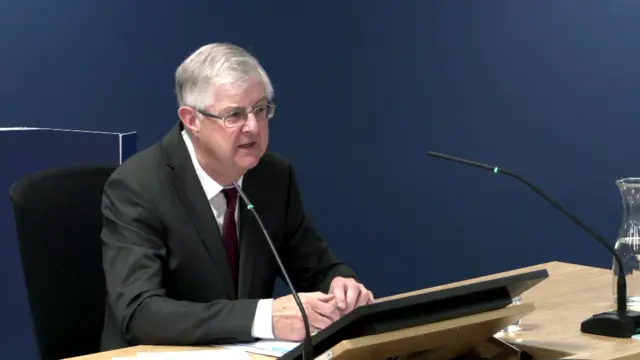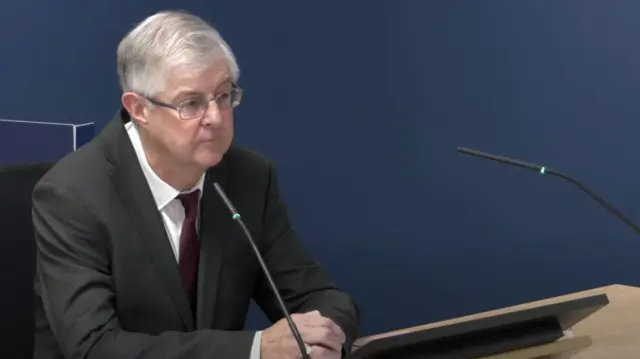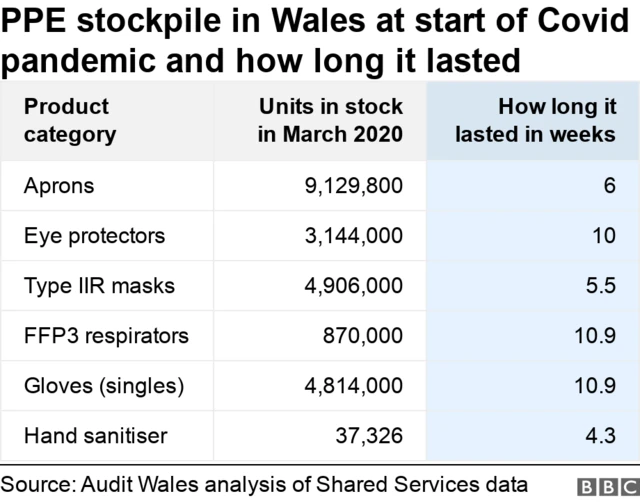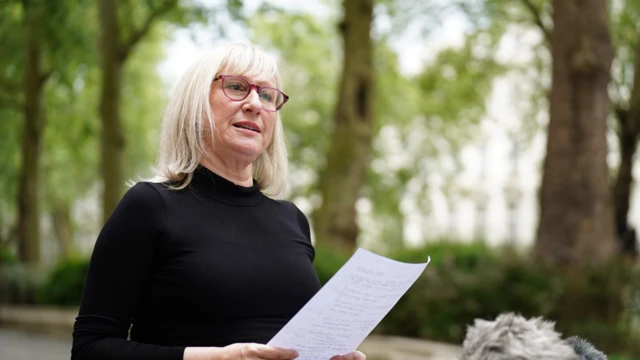Thanks for joining uspublished at 17:11 BST 4 July 2023
That's it for today, and for evidence from Welsh officials for the time being.
We're now ending our coverage of the UK's Covid inquiry for today. Thanks for joining us.
Today's live page was written by David Deans with analysis from Hywel Griffith. The page was edited by John Arkless and Emily McGarvey.
You can read more about the Covid inquiry here.





